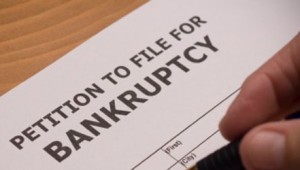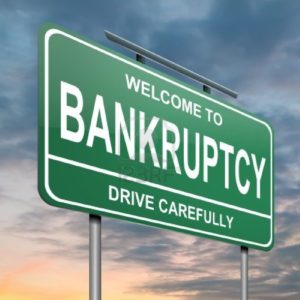 Today’s top story: How to find a bankruptcy attorney. Also in the news: What consumers need to know about annuities, signs you need a new financial advisor, and what millennials should know about life insurance.
Today’s top story: How to find a bankruptcy attorney. Also in the news: What consumers need to know about annuities, signs you need a new financial advisor, and what millennials should know about life insurance.
How to Find a Bankruptcy Attorney
Making the right selection.
What Consumers Need to Know About Annuities
Combining life insurance with investment.
7 Signs You Need a New Financial Advisor
When it’s time to go in another direction.
The First 4 Things Millennials Should Know About Life Insurance
Thinking long term.
 Today’s top story: Dispelling bankruptcy myths. Also in the news: The dangers of credit card checks, the fine print of your car and home insurance, and why many Americans still struggle with credit.
Today’s top story: Dispelling bankruptcy myths. Also in the news: The dangers of credit card checks, the fine print of your car and home insurance, and why many Americans still struggle with credit. Today’s top story: How to apply for a credit card after bankruptcy. Also in the news: Avoiding stress while paying down debt, the biggest tax “break” you shouldn’t forget, and how to slash your cable bill.
Today’s top story: How to apply for a credit card after bankruptcy. Also in the news: Avoiding stress while paying down debt, the biggest tax “break” you shouldn’t forget, and how to slash your cable bill. Today’s top story: Tax mistakes newlyweds make and how to avoid them. Also in the news: What financial documents are safe to shred, how to rebuild your credit after a bankruptcy, and tips on negotiating a higher salary.
Today’s top story: Tax mistakes newlyweds make and how to avoid them. Also in the news: What financial documents are safe to shred, how to rebuild your credit after a bankruptcy, and tips on negotiating a higher salary. 